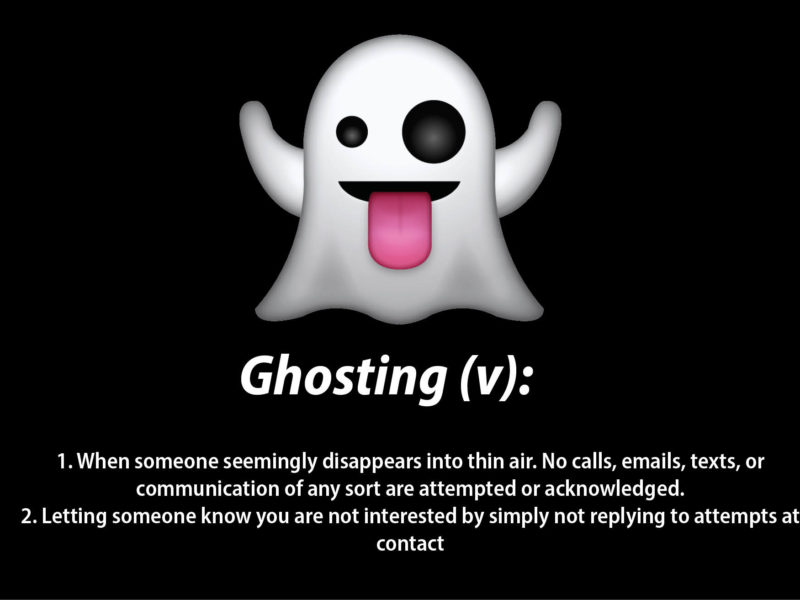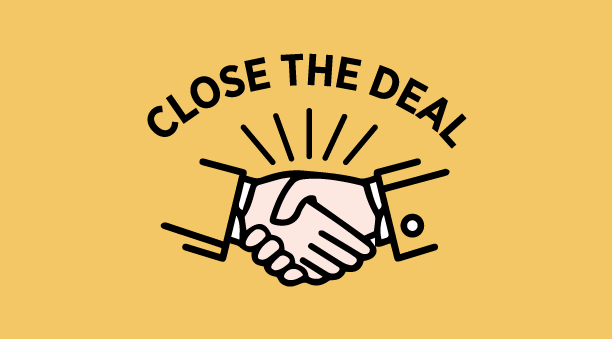The Art of Asking Questions
When you are engaged in an interview process, far too many people sit mute and do little on their own behalf. Reciprocal dialogue is part of the process but, to do so effectively, requires the ability to effectively communicate. It is an interactive event and there is an aspect of self-interest in that it is incumbent upon you to make a thoughtful effort to gain the most information possible, in order to make an informed decision by the end of the process.
To do this you’re supposed to also be asking some questions and, if you do well enough, your interview becomes a negotiation that can lead to a job offer, with a mutually beneficial outcome for both sides. It may sound complex but it isn’t.
We live in a period when individuals don’t really communicate, regardless of all the means available to us. Dialogue between people has been reduced to a hashtag and 140 characters or an Emoji to express our feelings, because actually communicating has become too cumbersome, requiring too much effort for many.
Furthermore, you need more than a single clever question and far more than a clever rehearsed answer or two, if you are going to shine. Being memorable is not the goal; however, being remembered well, is. Doing just enough to get by is not sufficient and will not win the day for you. Yet, that is what most people are doing.
If you’re not a good communicator, become one. Better communication skills can help you sweep aside others seeking the same job – even some of those who might be better qualified. It is a worthy effort.
Think of the questions you will ask, instead of saying something painfully obvious, such as, “…how late will I have to work?” Use a set-up that is general but requires more than a yes or no answer, like, “…Can you describe for me a typical day in this role?” That will get you some helpful info, but that’s just the set-up. Depending on how they respond, then follow-up to extract more pertinent info. I can imagine another 4 or 5 questions so that by the time you’re done you will learn that which you need. Most interviewers are also simply going through the motions – they have a list of routine questions, especially during the first interview and they are not going to give you details unless you ask. This is where most interviewees, in my opinion, falter – not just for their own purposes but also in the eyes of a hiring manager.
Asking good questions is how you learn about a job opportunity, the company, as well as the person to whom you may both work and report. Failure to probe for this information is a dereliction of your duty as an applicant / interviewee.
If you don’t think ahead and take charge of your own fate in order to empower yourself, do you think anyone is going to do that for you, much less care? It falls to you to act in your own best interest. This, and being able to communicate effectively, is the only way it’s going to happen.



